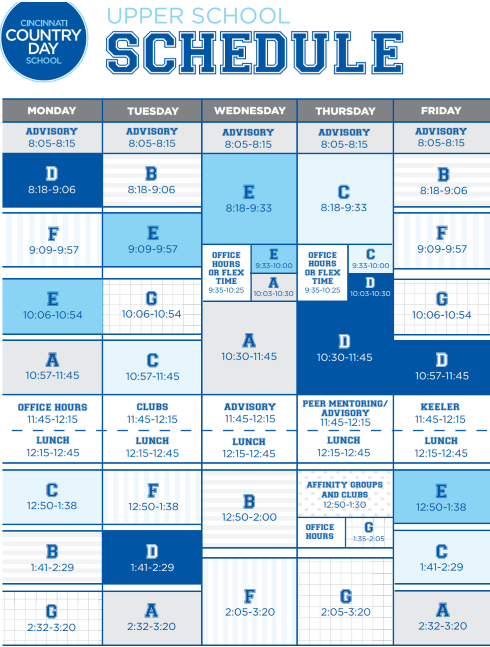By Caroline Gentile ’13, News Editor
The ongoing battle of Mac versus PC has reached CCDS. Over the years, many students have wondered why they are required to buy a Toshiba Tablet instead of an Apple laptop. Some argue that Macs are not only sleeker, but much more reliable and easy to use in comparison to the tablets we use at CCDS. Although Apple computers do have their benefits, Toshiba tablets are not at all inferior to them.
For those who are not educated in the field of computers, Tablets are PCs (personal computers) that have digital ink, which allows users to write on the screen. At CCDS, we use the software Windows 7 on our machines, whereas OSX is used on Apple computers, or Macs. While Macs do not offer digital ink, they do boast some of the best graphics tools in the technology world.
For this reason, Senior Ilana Habib much prefers her MacBook Pro to her school computer. “Because I do so much work with graphics,” she said, “having a Mac just makes sense. Also, I have a seven hour battery life, and my computer is so much faster than any other computer at school.”
Like Habib, Jacob Stafford ’13 favors his Mac over his Tablet PC. “Macs have an amazing trouble shooting program,” he said. “Mine has never crashed. My school laptop has crashed so many times, causing me to lose all my files and redo my work.” Stafford and Habib also agreed that the Mac’s plastic body instead of the Toshiba Tablet’s metal one is a huge advantage to accident-prone students.
However, Macs do have their disadvantages. For example, Apple’s most basic model of its new Airbook does not have a touch screen, digital ink, or a CD/DVD drive. Apple has even made it known that they will no longer support Java, which is a standard programming language that supports parts of the CCDS website like MyBackpack. They are already moving away from Flash, the most prominent video language on the internet.
Dr. Gregory Martin, who used to work in the tech office before teaching ninth grade Humanities, owns both a Mac and a Toshiba Tablet. In terms of education applications, he believes that the Tablet PC is a game-changer because it provides an unmatched array of creativity and productivity functions, regardless of the manufacturer. In fact, people from around the country and world continue to see what one of the world’s greatest technology programs offers at CCDS’s tablet conferences; “Clearly, we’ve earned a reputation for innovation by using Tablets,” Dr. Martin said.
On that note, he said that if Apple made a Tablet device, CCDS would certainly consider using it (the iPad, contrary to popular belief, is not a tablet but an accessory that requires another computer). However, “it’s awfully hard to network, repair, and update Macs in a large-scale setting,” Dr. Martin said. “Though there’s a general sense that Macs don’t get viruses, they do—I got one. In fact, OSX is among tech leaders anyway, the most open to hacking and viral infection. With our move to Windows 7 and MS Forefront, we’ve nearly eliminated viruses and have a very secure network for over 700 machines.”
In order to maintain this secure system, one of CCDS’s policies has been that students cannot use outside machines on the school’s network. Macs (and any other outside machines, PCs included) can no longer link up to the CCDS wireless network. This policy also ensures that everyone has common insurance, a loaner pool, and standard software programs, making it possible for teachers to create a learning environment without having to worry if some students will be able to complete their work.
It is evident that both Macs and Tablet PCs have their benefits and are very good computers. As a result, the argument over which is more suited to CCDS’s purposes will probably never be resolved. However, Dr. Martin affirmed that CCDS is “committed to the philosophy, not one type of hardware over another.”
Photo courtesy of http://www.slashgear.com and http://venturebeat.com



